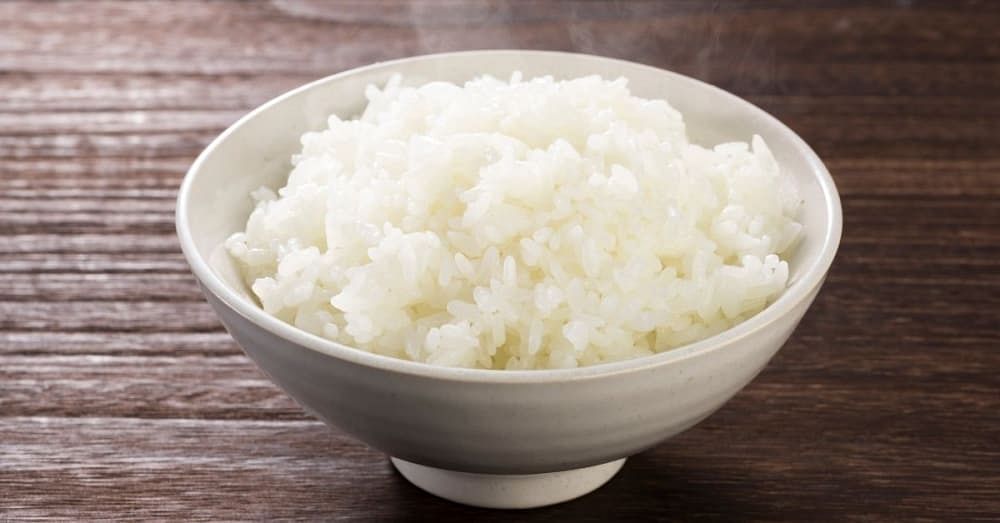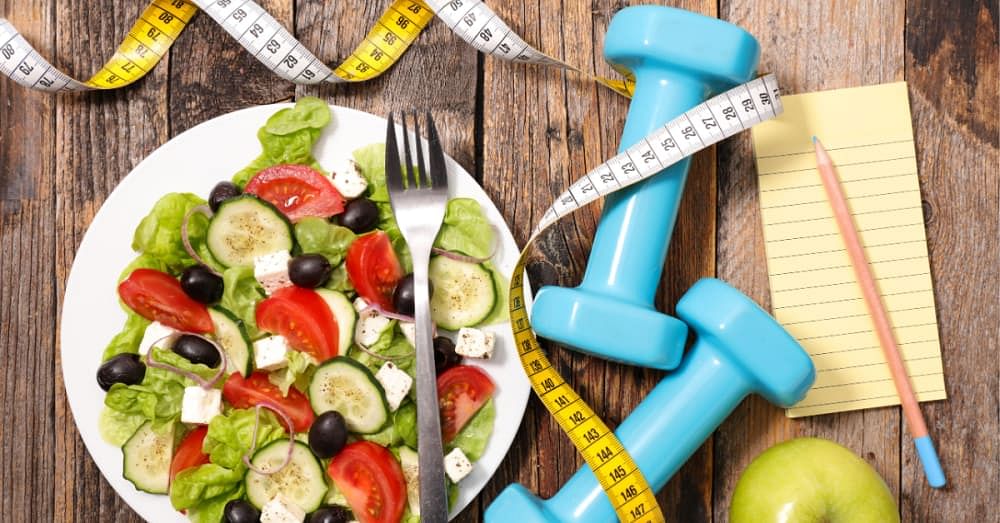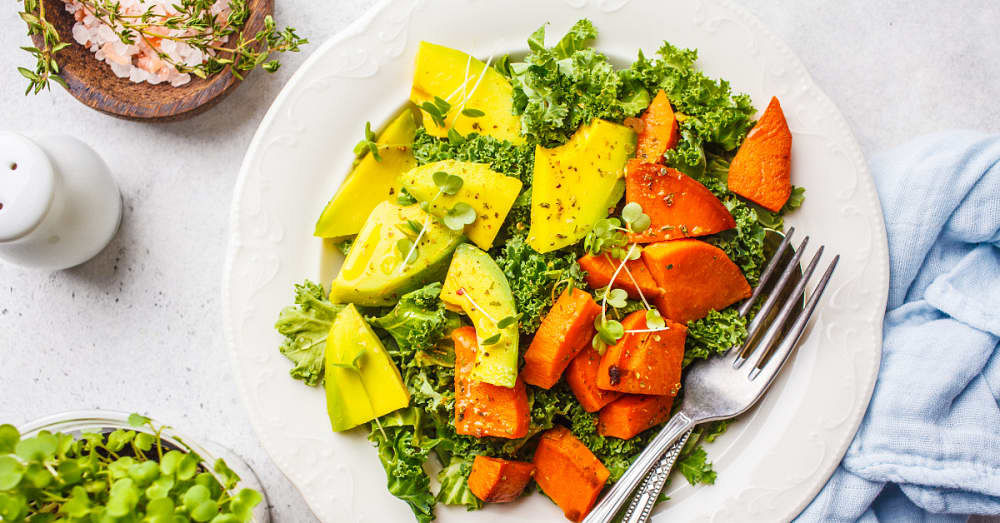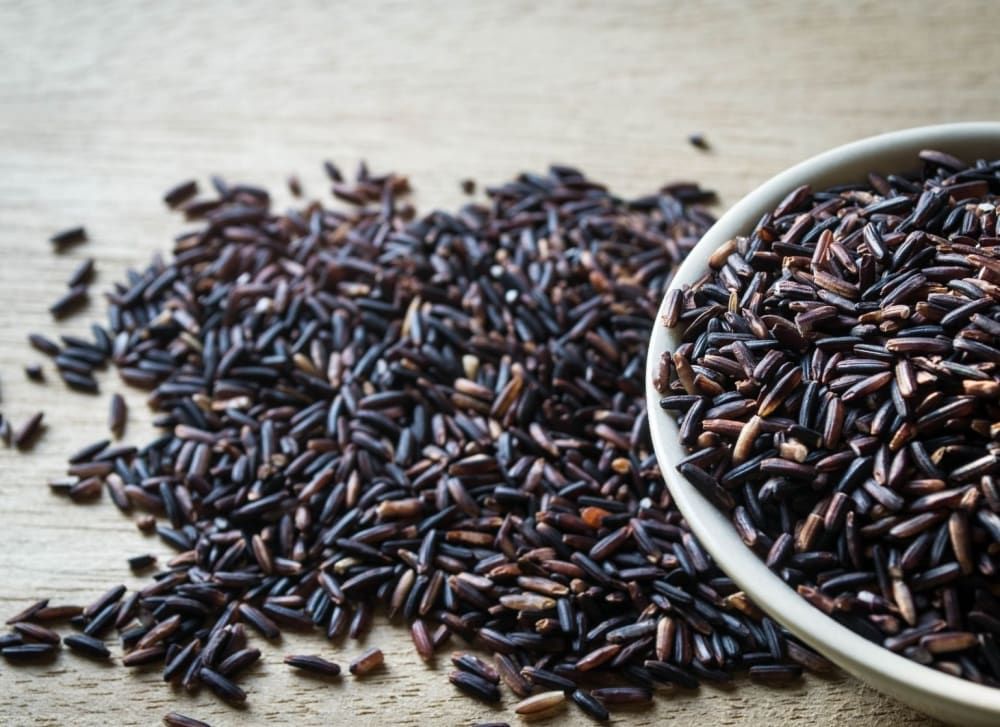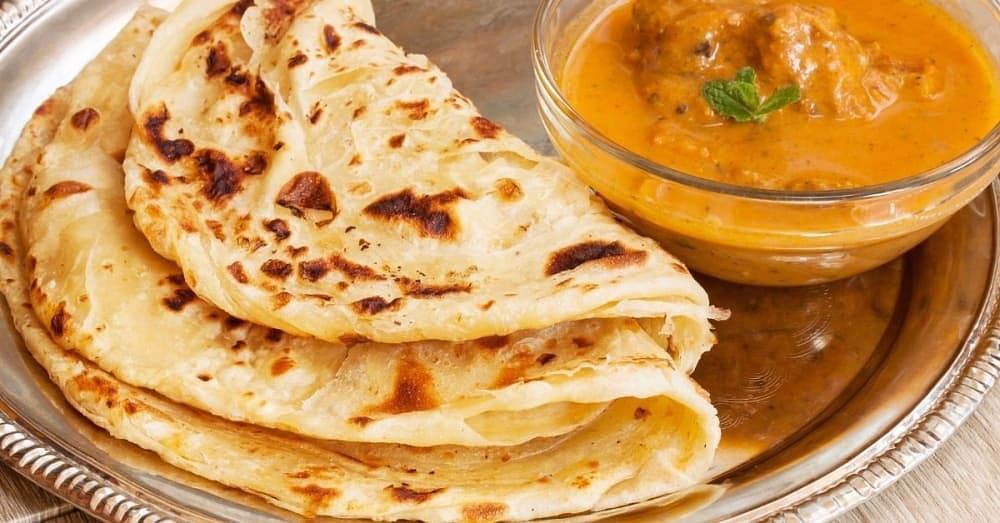According to research by the Journal of the Science of Food and Agriculture, rice is a whole staple grain in many countries. It is a good source of fibre, vitamins B1 & B6, minerals like magnesium, phosphorus, and selenium. However, nearly 90% of one bowl of rice calories come from carbohydrates. So, one needs to keep in mind their macros if they want to add rice to their weight loss diet.
1 Bowl Rice Calories
Do you know how many calories in rice there are in one bowl? According to the US Department of Agriculture (USDA), cooked white rice calories are 205 for one cup (158g) of regular, long-grain white rice.
According to research, (316g) or one bowl rice calories in white rice are 411. 89% (366 calories) of which are due to carbohydrates. 8 calories come from the fat component in rice, and the remaining 37 calories are due to the protein amount in rice. One bowl of rice accounts for nearly 20% of the standard daily diet of 2000 calories for adults.

Calories in Rice 1 Bowl of Rice
How Long Would It Take to Burn Off 411 Calories?
According to the UK National Health Service (NHS), the amount of calories burnt during physical activity depends on numerous factors like age and size of an individual. Vigorous activities like brisk walking help you lose more calories as compared to regular walking. The NHS suggests that adults do strengthening activities and spend more time standing or walking rather than lying down.
However, if you specifically want to burn one bowl of rice calories, you can walk, run, and bicycle. People with an average weight of 63kg can do the following activities to burn white rice calories.

Is Rice Bad for Weight Loss?
Does rice make you fat? Is rice good for weight loss? The answer depends on various factors. The recommended intake of white rice may not cause weight gain. However, excess consumption of white rice can cause obesity. According to research, overeating white rice may increase blood glucose levels, resulting in obesity in adults.
Another Japanese study suggests that excess white rice consumption for one year poses a risk of weight gain of more than three kilograms in a year. On the other hand, brown or multi-grain rice does not cause a lot of weight gain compared to white rice.
On the flip side, a recent study on rice by the European Association for the Study of Obesity suggests that obesity levels are low in countries with high rice consumption in comparison to countries where people have low amounts of rice. The study suggests that eating more rice can result in a 1% decrease in the prevalence of obesity worldwide.
As per research, carbohydrates are vital for our body as they provide energy and work as fuel for the body. As rice is a rich source of carbohydrates, they are beneficial for the body.
But let’s take it with a pinch of salt.
The quality and quantity of carbohydrates play a crucial role in fat accumulation in the body. Therefore, weight gain due to rice largely depends on its consumption. And eating carbs in excess may cause obesity.
Also Read: Calories in Puffed Rice ~ Is it Good For Weight Loss

Can I Eat Rice Every Day?
No, you must not eat white rice every day as it may increase the risk of type 2 diabetes. According to a study by the Harvard School of Public Health, people who eat white rice four-five times a day have a 1.5 times higher risk of getting type-2 diabetes in comparison to people who eat less rice. Moreover, eating a large bowl of white rice increases the risk of type-2 diabetes by ten percent. People living in Asian countries are more likely to have type-2 diabetes than western countries because of daily rice consumption.
According to research by the International Rice Research Institute, rice is a staple food item for billions of people. It contains protein and essential minerals like potassium, magnesium, zinc, and phosphorus. Rice also has vitamins like thiamin, niacin, and vitamin E. However, when brown rice gets polished to become white rice, most nutrients are lost during the process. As a result, rice alone does not provide the body with the necessary macronutrients.
Also Read: Is Puffed Rice Good for Weight Loss ~ Evidence Based & Backed By Dietitians
How Much Rice Should I Eat Daily?
The amount of white rice intake depends on whether you want rice as a main or side dish. Research suggests that 90g of uncooked rice per person is sufficient as a side dish. If you wish to eat only rice, 180g of uncooked white rice is sufficient.
References
- International study suggests that eating more rice could be protective against obesity- https://www.eurekalert.org/news-releases/765372#:~:text=The%20researchers%20estimate%20that%20even,to%20643.5%20million%20%5B1%5D).
- Kimi Sawada, Yukari Takemi, May 2019; Relationship between rice consumption and body weight gain in Japanese workers: white versus brown rice/multigrain rice - https://pubmed.ncbi.nlm.nih.gov/30312545/
- Rice, Harvard School of Public Health - https://www.hsph.harvard.edu/nutritionsource/food-features/rice/


